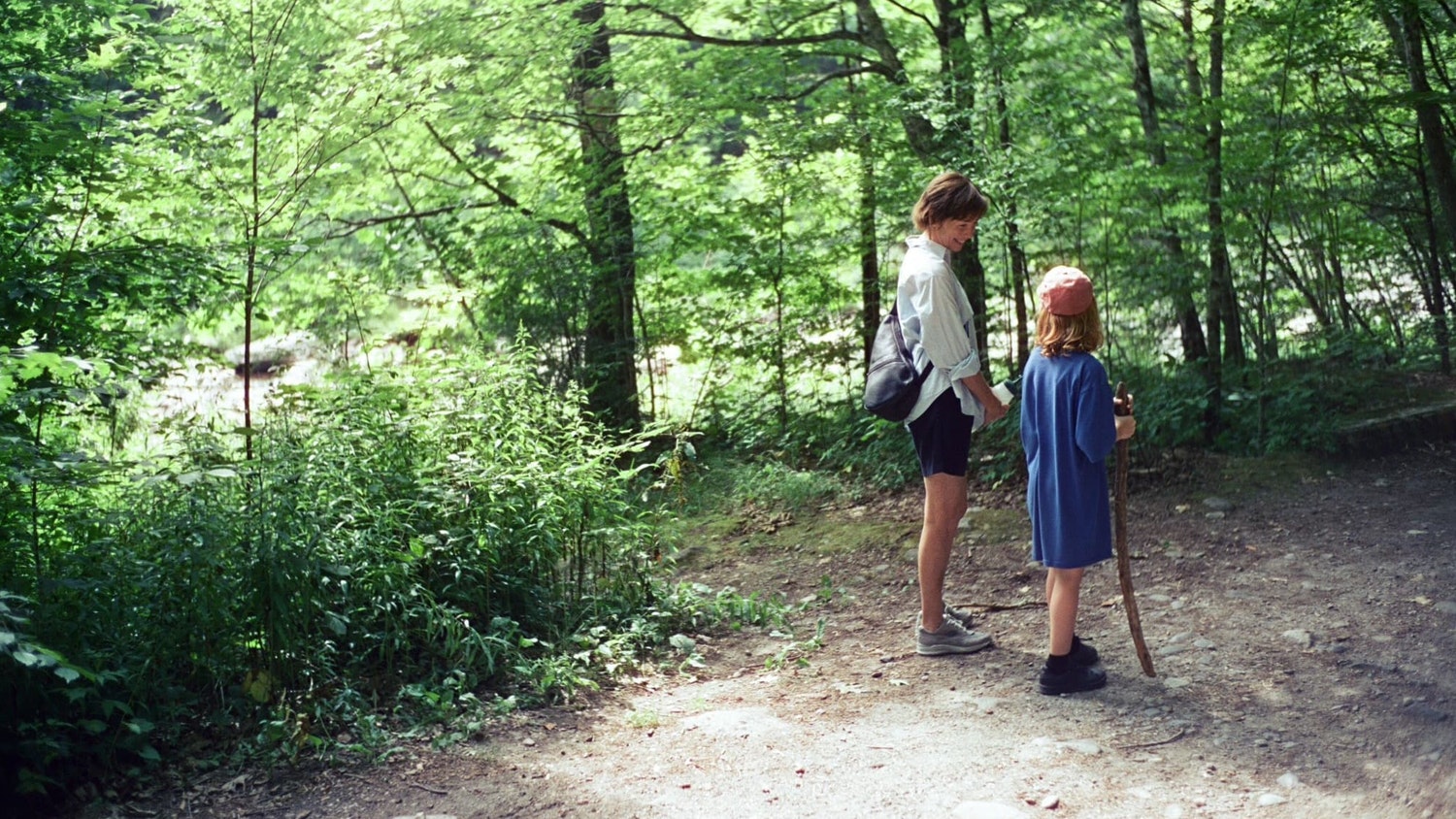Janet Planet
The latest film from buzzy US studio A24 delves into the complexity of a...

The latest film from buzzy US studio A24 delves into the complexity of a shifting mother-daughter relationship. Much like last year's award-winning Past Lives (also an A24 release), from playwright-turned-director Celine Song, Janet Planet marks Pulitzer Prize-winning Annie Baker’s first steps from stage to screen. A coming-of-age story about a mother (Julianne Nicholson) and daughter Lacy (Zoe Ziegler), the film loosely unfolds throughout four chapters, delineated by distinct title cards, as boyfriend Wayne (Will Patton), old friend Regina (Sophie Okonedo) and theatre troupe leader Avi (Elias Koteas) drift in and out of Janet’s orbit. These interactions are predominantly viewed via the unique perspective of misfit Lacy, an imaginative and observant child who spends her summer vying for her mother’s attention, while adrift and struggling to find her own trajectory in life.

Baker nicely captures a specific moment in time — the seemingly endless feel of a long, hazy summer as a child — fuelled by a certain ‘90s nostalgia (hello bouncy balls, troll dolls and landline telephones). We watch on for extended sequences, evoking Lacy’s distinct aimlessness, as she practises piano on her keyboard, observes her meal cooking in the microwave, tries out Regina’s shampoo in the shower and plays with her quirky collection of dolls. Similar to Baker’s stage plays, Janet Planet is introspective in nature, with a distinct lack of conflict/drama and at times frustratingly glacial pacing, the slice-of-life outlook akin to director Kelly Reichardt’s observational works.
Favours the humdrum of everyday life for the majority of the almost two-hour runtime.
Much like Céline Sciamma’s Petite Maman and Charlotte Wells’ Aftersun, Janet Planet documents the bittersweet experience of seeing a parent as their own person: complicated, fallible and with their own imperfections. Lacy’s adoration for her mother gradually evolves from idolisation to this same realisation. And yet, the film unfortunately lacks the emotional gut punch of Wells’ debut or the magical realism of Sciamma’s latest feature, favouring the humdrum of everyday life for the majority of the almost two-hour runtime — relegating the mother and daughter’s complicated connection to their open and honest late-night conversations.
In one key revelation, Lacy dryly observes that “every moment of my life is hell…but I don’t think it’ll last, though”; while Janet surprisingly confesses: “I’m actually pretty unhappy too”. Both Nicholson and Ziegler’s nuanced performances pack a punch, as the pair impressively inhabit a distinct loneliness — and in Janet, an unspoken disappointment — which permeates through these quieter moments, as their seemingly co-dependent relationship has affected their ability, and opportunities, to engage socially.
The nostalgic summer vacation and beauty in the mundane is wonderfully brought to life by Maria von Hausswolf’s exquisite cinematography, utilising the beautiful natural lighting in and around Janet’s idyllic woodland home. The grainy quality of the 16mm film also evokes childhood home videos, adding to the sense of nostalgia. Paul Hsu's sound design further submerses you into their remote bubble, heightening the diegetic sound of the surrounding bird song and chirping crickets to an almost overwhelming and oppressive level, suggestively reflecting Janet’s increasingly overwhelmed state due to Lacy’s clingy behaviour. Baker subtly captures the emotional shift in the central mother-and-daughter dynamic.
What's Your Reaction?























